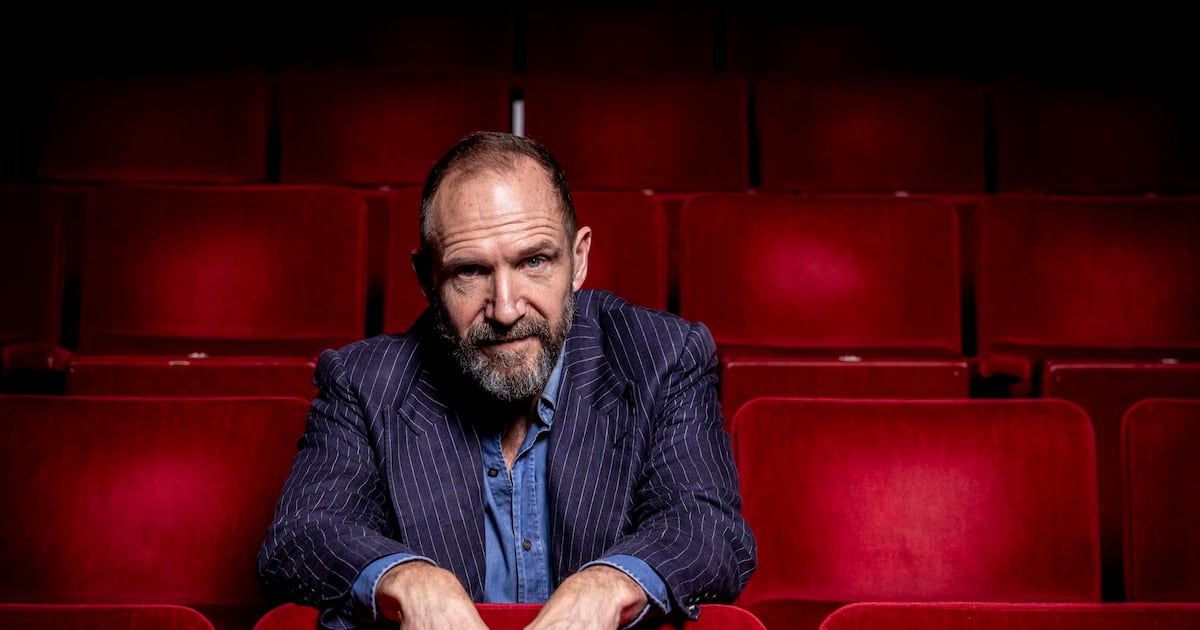World
Men’s Declining Interest in Fiction Sparks Cultural Concerns

A growing concern over men’s diminishing engagement with literature has emerged, highlighting a significant cultural shift. A recent essay by David J. Morris in the New York Times points out that women account for approximately 80 percent of fiction sales, while men appear to be reading less. This trend raises questions about the emotional and educational development of young men today.
The perception of a man reading a book has become increasingly rare, leading to a phenomenon captured on social media platforms like Instagram, where accounts such as Hot Dudes Reading celebrate this image. The contrast is stark: a man engrossed in a novel is seen as attractive, while someone glued to their phone is not.
Encounters with literary-minded men often evoke nostalgia for deeper intellectual connections. Mike Nichols, the renowned film director, once shared his admiration for Edith Wharton’s *The House of Mirth* during a dinner conversation. Such exchanges reveal a common thread; literature not only enriches personal identity but can also offer insights into societal dynamics.
In a notable interview in Dorset, England, playwright Tom Stoppard described his creative process, eschewing modern technology in favor of writing with a fountain pen. His collection of first editions from authors like Jane Austen and Charles Dickens underscores the value he places on literary tradition. Stoppard lamented the loss of such treasures to “American burglars,” illustrating the ongoing struggle to preserve cultural artifacts.
Similarly, actor Ralph Fiennes expressed his passion for Shakespeare, reminiscing about his mother’s storytelling. These reflections highlight how literature shapes personal narratives and cultural legacies, contrasting sharply with the superficiality often associated with contemporary masculinity as projected by figures like the current U.S. president.
To further understand this phenomenon, I spoke with Richard Babcock, a former magazine editor and novelist. His upcoming work, *A Small Disturbance on the Far Horizon*, explores complex themes such as guilt and morality against the backdrop of nuclear testing in 1950s Nevada. Babcock attributes the decline in male readership to a cultural obsession with wealth that began in the 1980s. This shift has led many men to prioritize nonfiction for practical advice over the enriching narratives found in novels.
Babcock’s perspective aligns with the thoughts of Susan Sontag, who argued that novels are essential for expanding one’s sympathies and understanding of the human experience. In an age dominated by technology, Sontag’s assertion that literature can rejuvenate the mind and spirit remains relevant. As distractions multiply, the risk of becoming increasingly insular grows.
While Babcock acknowledges the decline of literary fiction, he also notes that many men continue to engage with novels, including classics like Leo Tolstoy’s *Anna Karenina* and George Eliot’s *Middlemarch*. There is still an appetite for thoughtful literature, which challenges the narrative that men have entirely abandoned reading.
In a personal reflection on the value of literature, I recounted my experience pursuing a master’s degree in English literature at Columbia University. This academic journey reinforced the idea that the humanities are vital, especially as technology increasingly encroaches on our lives. Works such as *Frankenstein* and *Paradise Lost* offer profound insights into the potential dangers of unchecked technological advancement.
This discourse on literature’s role in shaping masculinity was further enriched by an email from Paul Bergman, a member of an all-male book club based in Brooklyn. For 45 years, this group of lawyers and judges has gathered to discuss their thoughts on a range of literary works. Bergman’s invitation to join discussions on *Middlemarch* exemplifies how literature fosters community and connection among men.
As the literary landscape continues to evolve, the implications of men’s declining interest in fiction warrant serious consideration. The cultural dialogue surrounding this issue may play a crucial role in redefining masculinity and encouraging a return to the profound insights that literature can provide. In a world increasingly characterized by distraction, the value of engaging with fiction remains as critical as ever.
-

 Top Stories3 months ago
Top Stories3 months agoTributes Surge for 9-Year-Old Leon Briody After Cancer Battle
-

 Entertainment4 months ago
Entertainment4 months agoAimee Osbourne Joins Family for Emotional Tribute to Ozzy
-

 Politics4 months ago
Politics4 months agoDanny Healy-Rae Considers Complaint After Altercation with Garda
-

 Top Stories4 months ago
Top Stories4 months agoIreland Enjoys Summer Heat as Hurricane Erin Approaches Atlantic
-

 World5 months ago
World5 months agoHawaii Commemorates 80 Years Since Hiroshima Bombing with Ceremony
-

 Top Stories3 months ago
Top Stories3 months agoNewcastle West Woman Patricia Foley Found Safe After Urgent Search
-

 Top Stories5 months ago
Top Stories5 months agoFianna Fáil TDs Urgently Consider Maire Geoghegan-Quinn for Presidency
-

 World5 months ago
World5 months agoCouple Convicted of Murdering Two-Year-Old Grandson in Wales
-

 World5 months ago
World5 months agoGaza Aid Distribution Tragedy: 20 Killed Amid Ongoing Violence
-

 World5 months ago
World5 months agoAristocrat Constance Marten and Partner Convicted of Infant Murder
-

 Top Stories4 months ago
Top Stories4 months agoClimbing Errigal: A Must-Do Summer Adventure in Donegal
-

 Top Stories4 months ago
Top Stories4 months agoHike Donegal’s Errigal Mountain NOW for Unforgettable Summer Views









